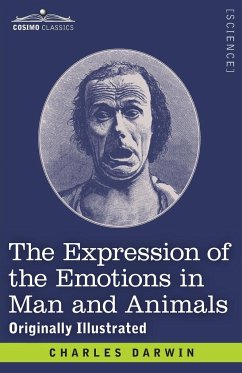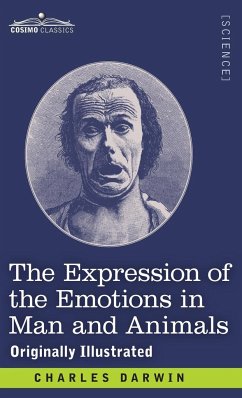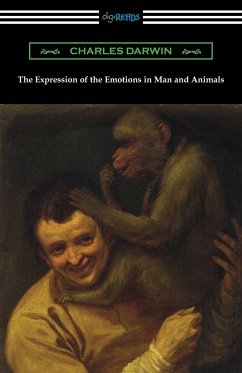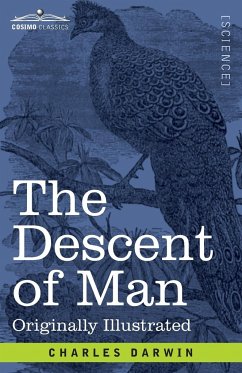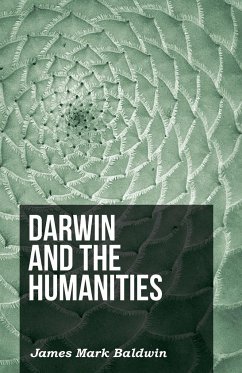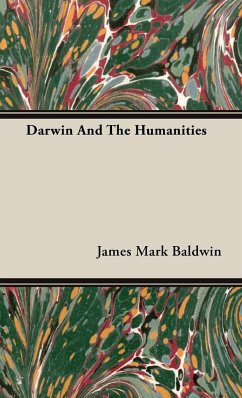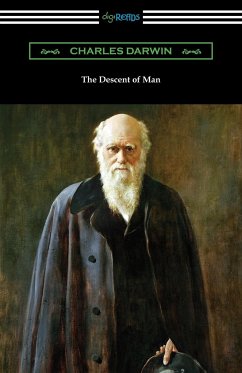"He who admits that the structure and habits of all animals have been gradually evolved, will look at the whole subject of Expression in a new and interesting light." - Charles Darwin, The Expression of the Emotions in Man and Animals (1872) The Expression of the Emotions in Man and Animals (1872) includes original photographic as well as other illustrations by noted scientists Sir Charles Bell and French neurologist Duchenne, among others. This volume is the third in Darwin's explanation of his evolutionary theory, preceded by The Origin of Species (1859) and The Descent of Man (1871), and delves into the biology of emotions and whether those characteristics are exclusive to western civilization. Darwin links animal behavior to human emotions and provides the foundation for the work of noted psychologists such as Freud. This landmark work is a must-read for lovers of biology, Darwin, and psychology.
Bitte wählen Sie Ihr Anliegen aus.
Rechnungen
Retourenschein anfordern
Bestellstatus
Storno

